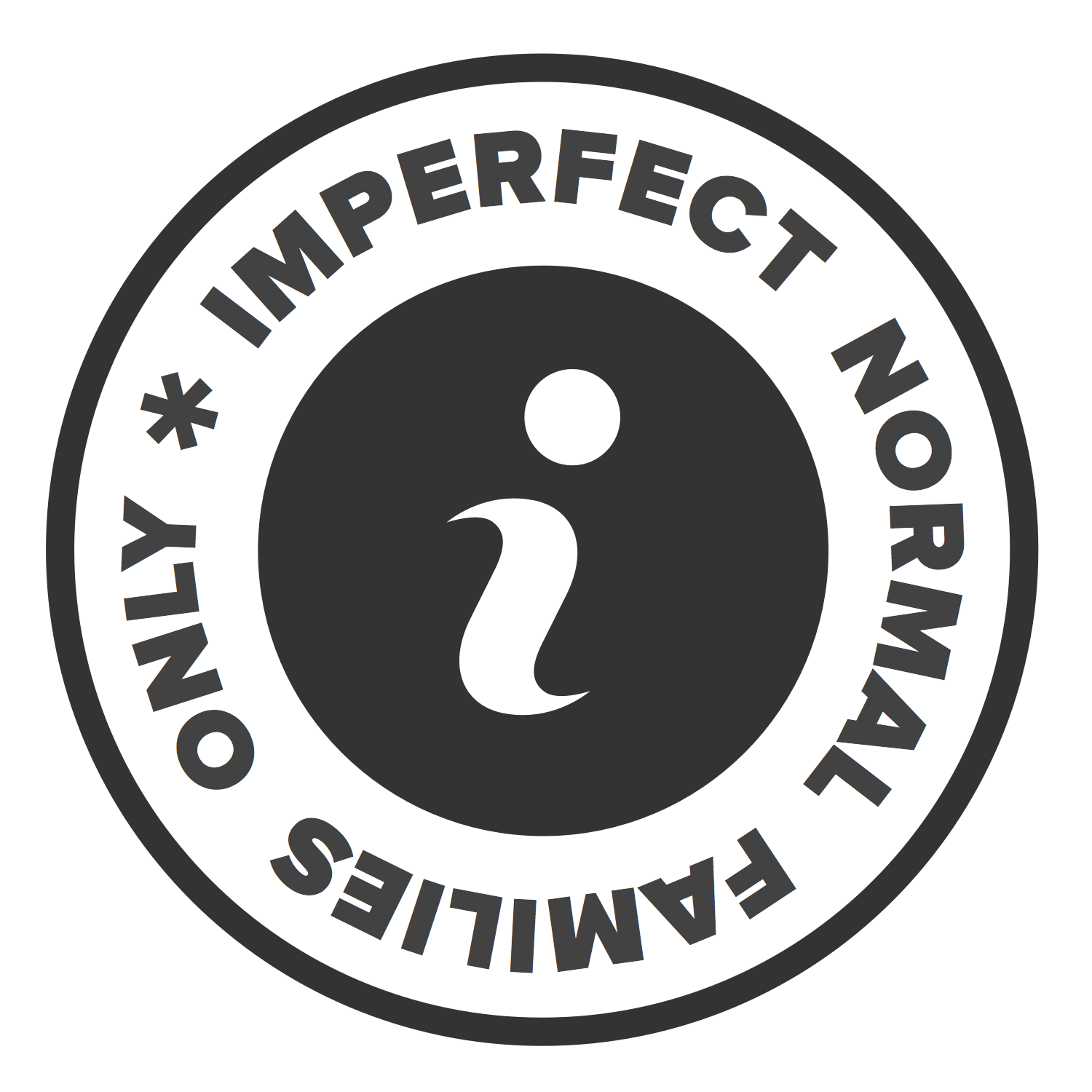Pixar's "INSIDE OUT" Forces Every Parent to Ask A Critical Question
We saw the new Pixar movie last night. I don't often recommend movies, but "Inside Out" is a must see; but not for the reasons you might think.
This is not a movie for young kids.
Sure, they will find it colorful and entertaining. And there isn't any content that most kids can't handle. It's just that children won't appreciate the implications of all that is happening on screen. This is a movie that adults should watch and then talk about at length.
I confess that I haven't done any research on this, but the filmmakers surely had a team of psychologists and behaviorists helping them develop the script. In this well-crafted movie, they created a whimsical yet accurate model for why people act the way they do. They successfully integrate key factors like social development, key memories, and everyday experiences to explain our outward behaviors. They also show how our emotional disposition can serve as the "brains" of it all.
While there is much to examine and analyze within the 94 minutes of Inside Out, one specific thing stood out to me. (I will try to avoid significant spoilers.) There are five different key emotions present in every character: Joy, Sadness, Anger, Fear, and Disgust. While the movie focuses in on 11 year old Riley's emotions, we do get a look at a few other character's emotional HQs, as well. I thought it would be worthwhile to help the Imperfect and Normal parents to consider one key question:
Which Emotion Is At The Helm of Your Soul?
As presented in the movie, all five emotions interact with one another. However, one emotion is obviously in charge within each person. In Riley, Joy leads the way. We would hope that would be the case in every child whose perspective hasn't yet been impacted by the difficulties of life.
But if you pay attention, you will see that in Mom's mind, Sadness is in the driver's seat. When they show Dad's HQ, Anger is the boss. While the other emotions are certainly in play, the BEIC (Big Emotion in Charge: my term) sets the tone for all the others. Presumably, a person's past experiences and overall temperament determine which emotion leads the others.
So here's your chance for some personal introspection. Ask yourself the question: "Which of these five emotions is the BEIC in your life?" As you parent your kids, where do you typically lead from? This is critically important because the emotion that dominates the others will dictate what type of parent you will be. It is also probably a reflection of what is going on in the deepest parts of your heart.
Fear
Fearful Parents will be overly cautious or predisposed to expecting bad things to happen. They are chronic worriers. Their kids are likely frustrated, because their sense of adventure and/or exploration is often squelched. These parents are probably lacking sufficient faith that God is in control of their lives and that His sovereign will can be trusted.
Anger
Angry parents have little tolerance for the innate foolishness found in immature children and teenagers. They have short fuses and are easily provoked. Their kids likely live in fear, which makes it very hard to connect on an intimate emotional level. These parents probably have a (wrong) belief that God is usually mad at them, so it is easy for them to find themselves usually mad at their kids.
Sadness
Sad parents have usually suffered great loss in their lives and see most circumstances from a "half-full" perspective. They rarely smile and often take everything way too seriously. Their kids can pick up on this tone within the home and miss out on many of the simple joys of childhood. These parents tend to live exclusively in the here and now (with all its pain) and forget that God is offering us a hope that better days are coming.
Disgust
Disgusted parents wear cynicism on their sleeves and can be vocally negative about everything. When a parent is dominated by disgust, their kids are likely to see it dominate their lives, as well. These parents have likely become so tainted by the ugliness of the world that they can no longer see the good in people and circumstances. When this disgust and disappointment become directed at the kids, the relationship is severely compromised.
Joy
Joyful parents aren't perfect parents, but they lead with a hopeful outlook. They look for the best in their kids and ask God to help them as they point their kids towards joy, as well. Even in the monotony of each day, they look for opportunities to teach their kids truth, faith, hope, and love. Unlike the temperamental emotion of happiness, these parents lead from joy because God is doing a fresh work in their lives.
There is a place in the heart of every parent for fear and anger and sadness and even disgust. One point that Inside Out makes is that it is unwise to suppress any of these. Each of our emotions is legitimate and have a part to play in our lives. However, for Christian parents who have an eternal perspective, Joy should lead the way. As we see our kids in light of the gospel, we can correct, discipline, and lead our kids (and their complex emotions) in ways that hope for God's very best.
Go see Inside Out. Then channel your inner Dr. Phil and talk with someone you love (your spouse, your older kids, a good friend) about all the emotional issues that the movie explores. And feel free to share your observations in the comment section below. I'd love to see what you saw!



